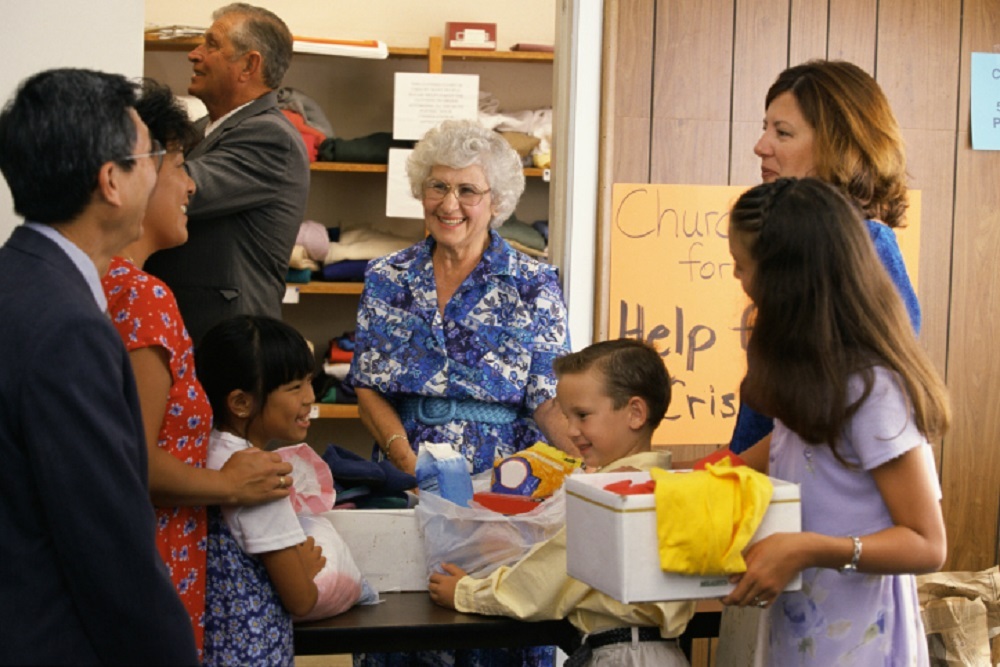Hampton County Chamber of Commerce issued the following announcement on September 3.
There is an old song – a hundred years old now – but doubtless familiar to those folks that we refer to as seniors on Sep 1, 2021. It was written by Jerome Kern in 1920 and it encourages listeners to “look for the silver lining.” The implication is, of course, that such can be found in the midst of any and every situation.
We think it is a reasonable assumption that few people, if any, are singing that song these days. Many thousands have already lost all they once had to the rains and flood waters of Ida, whose storm clouds and destructive winds show little sign of abating. At the same time forest fire rage in California, large portions of the west face unprecedented heat and drought, and COVID rates are surging in a number of states across the country, including some along the east coast. Our thoughts are with all those who are suffering amid the devastation. We at NFESH wish that there were something that we could do, right now, to change all that. Obviously, we cannot.
While we are not readily humming that century old tune, we have been reminded recently by some in the aging network that good things can come out of almost any situation. We just need to be attentive, creative and open to the new possibilities. At least that is what we are being told by some of the network leaders at the state level with whom we have spoken recently.
As part of our work with the State of Kentucky and the State of Georgia under a federal grant from the Administration for Community Living that focuses on emergency preparedness for entities that deliver services to seniors, we have been speaking directly with the heads of State Units on Aging. While our inquiry and discussion has focused on those services funded in part through the Older Americans Act – and primarily on senior nutrition traditionally provided through congregate nutrition programs (CNP) at senior centers – the conversations have often led to broader, and frankly encouraging and enlightening, discussions.
Obviously, states were forced to shut down CNPs temporarily during the height of the pandemic. When that happened, other methods and means of providing meal service to existing clients, as well as additional quarantined elders in need of food, had to be made. To facilitate the abrupt shift in service delivery, some federal regulatory restrictions were relaxed or removed and states and programs were allowed more flexibility in the way they carried out their operations. Or, we should say, accomplished their mission.
The distinction between operations and mission is more than a semantic one. Perhaps the aging network’s allegiance and dedication to mission have never been more critical and effective than it has been over the course of the past year. Essential to that success, some leaders tell us, has been the flexibility they were afforded in accomplishing the mission.
Therein lies a little bit of silver lining hiding in the banks of storm clouds. What they have tested and found effective in the storm, those leaders tell us, will not only help prepare them for the next emergency but will also benefit them as they work to restore and improve services. When the flood waters recede, the storms blow over, the fires go out, the rain falls again on parched earth, the hospital wards are filled with empty beds, the lessons learned and successful options become part of standard operating procedures, when we as a nation and a network have learned about what works in an emergency (and even after it has passed and we have returned to “normal” life) has been incorporated into daily operations – then we will see that silver lining more brightly shining through.
In the meantime, we will keep those who are suffering at the hands of a ruthless and devastating hurricane in our nearest thoughts. And we will also be humming softly and holding fast to the promise of that old tune.
Click Here for more information.
Original source can be found here.

 Alerts Sign-up
Alerts Sign-up